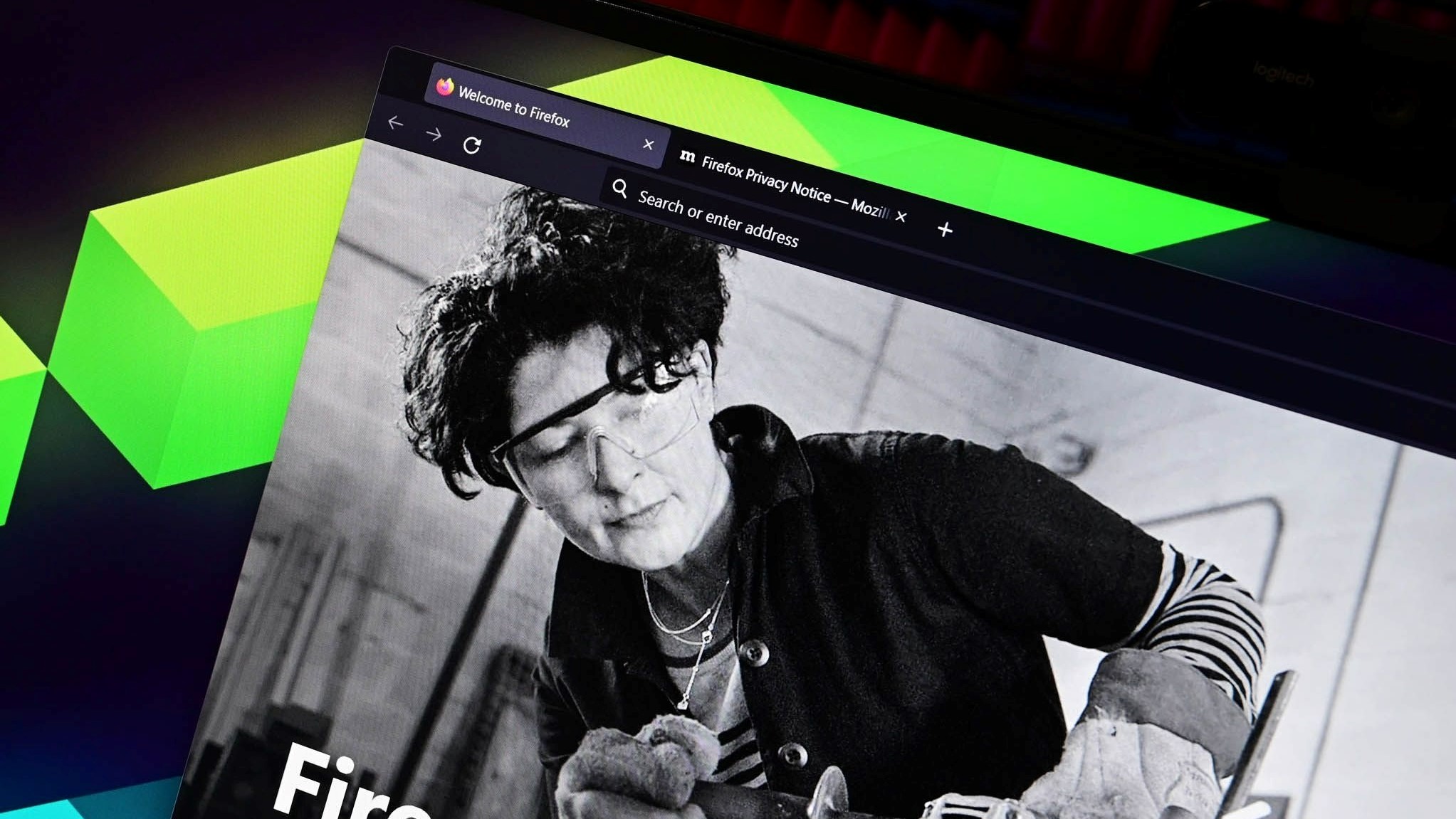Unlike Chrome, it seems Firefox will not move to limit ad blockers
Mozilla may have found a way around the most controversial aspect of Manifest V3.

What you need to know
- Mozilla Firefox version 109 recently became available.
- The latest version of the browser enables Manifest Version 3 by default, which is the next generation of WebExtensions.
- Manifest Version 3 has proven controversial because it limits some features in ad blockers.
- Mozilla's implementation of Manifest V3 allows developers to continue to create cross-platform extensions without restricting ad blockers.
Mozilla Firefox 109.0 started rolling out this week. The latest version of the browser has Manifest Version 3 (MV3) enabled by default rather than the older Manifest Version 2. The shift to MV3 brings many improvements but is also controversial. That's because the new manifest places some limits on ad blockers. Ghostery and the Electronic Frontier Foundation are among critics of Google's implementation of MV3.
MV3 is the next generation of WebExtensions, which allows add-ons and extensions to work in browsers. It was first introduced by Google in 2018. With Google adopting MV3 for Chrome and several other browsers being based on Chromium, the majority of web browsers in use will move to the system at some point.
Mozilla outlined the benefits of MV3 in a blog post as well as some of the drawbacks. In a separate post, the organization explained the need for Firefox to adopt MV3 to ease the burden on developers that want extensions on both Chrome and Firefox.
MV3 will be supported on Firefox to facilitate cross-platform extension development, but Mozilla will take a different route than Google regarding security and privacy.
Without going too far into the weeds with technical details, the main takeaway is that developers will be able to continue to create cross-platform extensions that work on Firefox and Chrome without Mozilla's browser restricting ad blocking and other content blocking.
Ad blockers are among the most popular extensions on a wide range of browsers. Many expressed concern when uBlock Origin and ad blockers would lose some privacy-related functionality when MV3 rolled out to Google Chrome.
Mozilla decided to implement MV3 in a different way than Google, which will allow privacy tools to continue to work in uBlock Origin and other extensions. As highlighted by The Verge, there are risks to Mozilla's approach. But it seems that Mozilla wants to make sure that people can continue which content appears, even if there are some security concerns.
Get the Windows Central Newsletter
All the latest news, reviews, and guides for Windows and Xbox diehards.

It's not clear at this time when Manifest V2 support will end. The original cutoff date of June 2023 is under review, as are other deadlines related to moving away from MV2. A Chrome developer post includes the timeline shown above and other details about the phasing out of MV2.
Microsoft is also reviewing its plans to shift away from MV2 in its Edge browser, as outlined in a support document. Cutoff dates for MV2 are marked as "TBD." The company explained that it believes most concerns regarding content blockers have been resolved with MV3 or will be resolved in the near future:
"After an extensive review of the concerns raised by content blockers and the community, we believe that a majority of those concerns have been resolved or will be resolved before Web Request API is deprecated. If you continue to face issues, we encourage you to share your feedback, where our team can engage to understand and address your feedback."
We have a guide to help you get started with Edge if you're new to Microsoft's browser.
The latest version of Firefox also includes an extension button that makes it easier to track and control which permissions extensions have access to. Users can change settings on a per-website basis and decide to have settings take effect for a single browsing session or permanently.

Sean Endicott is a tech journalist at Windows Central, specializing in Windows, Microsoft software, AI, and PCs. He's covered major launches, from Windows 10 and 11 to the rise of AI tools like ChatGPT. Sean's journey began with the Lumia 740, leading to strong ties with app developers. Outside writing, he coaches American football, utilizing Microsoft services to manage his team. He studied broadcast journalism at Nottingham Trent University and is active on X @SeanEndicott_ and Threads @sean_endicott_.
